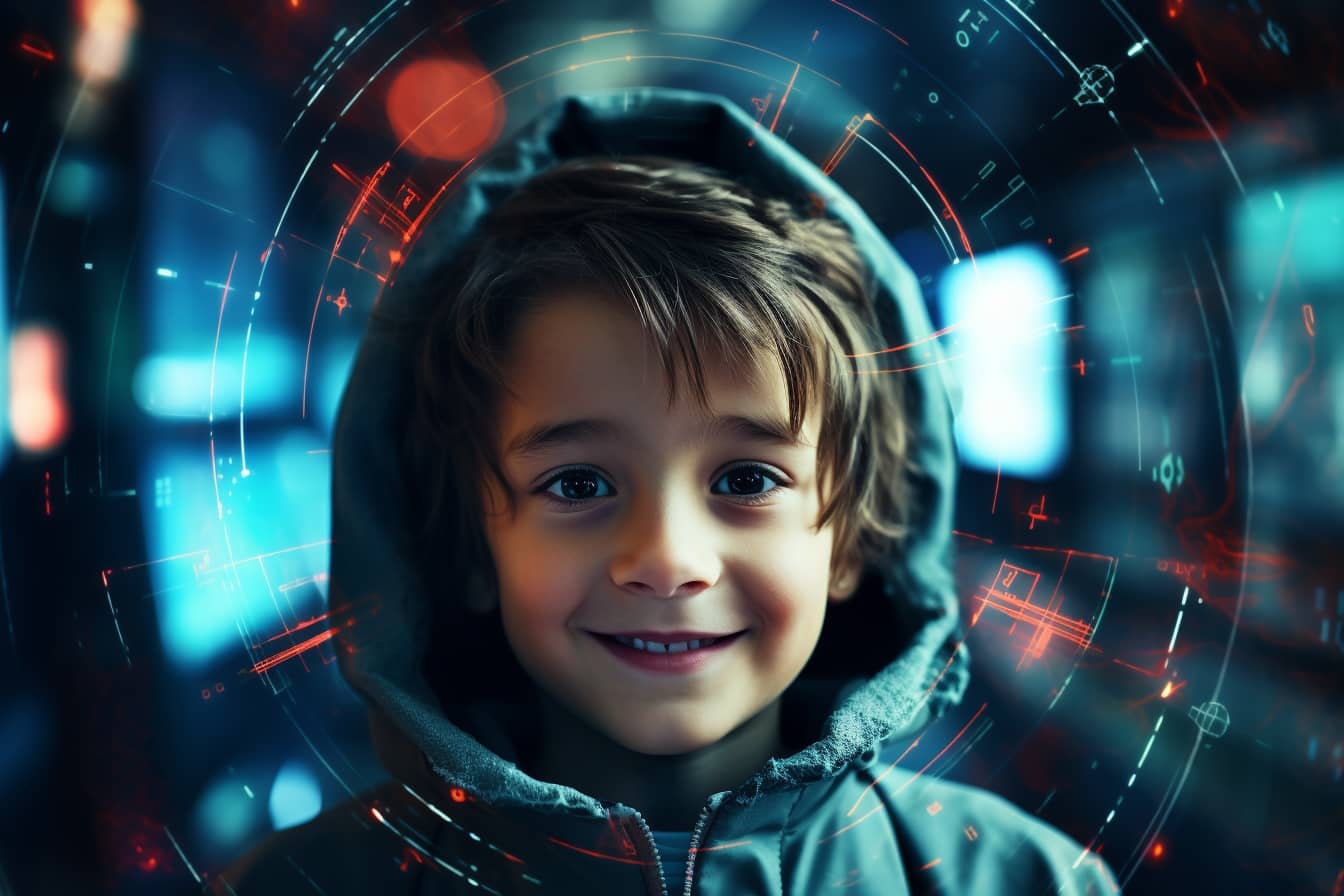I'm starting with a bang, like this, to see the effect it has on you: Generation Alpha will not know a world without AI. Were we surprised by the first internet connections? They will wake up every morning with an artificial intelligence ready to assist them, learn and grow with them. Or at least this looks like the way on which we are walking.
The Dawn of Generation Alpha
Generation Z, with its ability to navigate between apps and social platforms, is the one that today seems to be the most immersed in the digital world (and also the most overstimulated, alas), but it may soon appear almost antiquated compared to the next wave.
Generation Alpha will not just participate in a technological or economic change: it will be part of a radical transformation of our approach to what in many ways promises to be an "assisted reality".
Growing with your own AI
Imagine an assistant who not only answers questions, but anticipates needs, learns from routines and adapts to individual challenges. This could be the “bread and butter” of Generation Alpha.
Timothy Papandreou, research and development of A X (formerly GoogleX) highlights the fact that we will not have a generation of programmers, but of “prompter“. These children (including my daughter, who is now 6 years old) will interact with their AI not through complicated codes, but simply by communicating, as they would with a human interlocutor. “Maybe they'll take better care of words and communication,” says my mother, a literature teacher. A grandmother's hopes.

Will we speak in “functional language”?
As mentioned, Generation Alpha will not need to learn intricate programming languages. In their place, a re-edition of the "rhetoric" that was learned in Ancient Rome.
They will learn the art of “prompting” their AI, using simple phrases to achieve complex results. Whether it's looking for information on Dante Alighieri for an assignment or to buy something, the AI will be there ready to assist.
The very mindset of society could change. Just as the era of Twitter and SMS brought linguistic contractions, just as the era of social media and streaming brought the language of memes and TV series.

A “double” always close by
Every kid in Generation Alpha will have an “AI shadow avatar.” Some perhaps from birth. This avatar will be more than just a tool: it will be a mentor, a companion, and a living memory of past experiences.
If the Generation Z can boast of being the first generation to grow up with the internet, it will probably be the last to grow up without AI as a constant companion. A bit like my Generazione x, the last to experience an analogue world before the advent of the web. And like every transition phase it will have its critical moments. (If you are confusing the generations at this point and are not part of any of the generations mentioned, , promising there is an easy prospectus).
Challenges (and opportunities)
Generation Z is facing problems, even mental ones, related to the constant online presence. Even the Alpha Generation, growing up in deep connection with artificial intelligences, could face new mental health challenges not yet foreseen.

The use of AI by Generation Alpha will shape their entire professional future. Peter Diamandis, futurist and co-founder of Singularity University, made things clear: companies that don't embrace AI are doomed to fail. But with great power comes great responsibility. The risks are enormous. As he pointed out Nell Watson, ethics of AI, we need "right" rules, neither too rigid nor too vague: a difficult task for families, schools, organizations and governments.
Generation Alpha, tomorrow is yours
We are close to a future where technology and humanity complement each other in much more immersive ways, and Generation Alpha is at the forefront.
These young pioneers, armed with curiosity and raised with artificial intelligence as a constant companion. They will navigate uncharted waters, as ambassadors of a new world.
A world where innovation is not just a concept, but a way of life.


